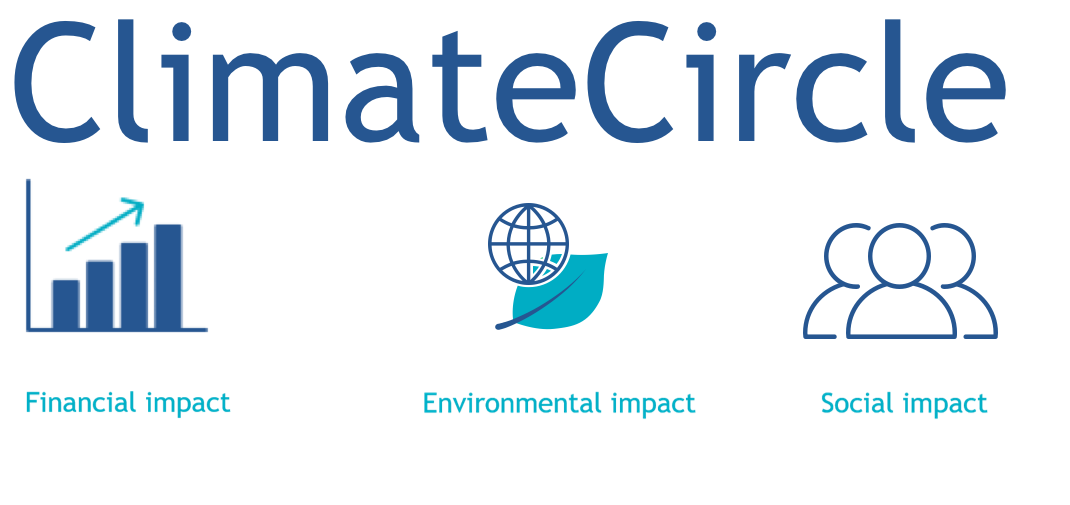In mass transit, the so-called “last mile” – the short distance commuters must navigate from a rail station or bus depot to reach their final destination – is more vexing than a London or New York traffic jam. But micro-transport entrepreneur Neil du Preez has a potential solution.
Despite being plagued by inefficiencies as measured by greenhouse-gas emissions, gridlock, wasted productivity and poor fuel economy, taxis are, for most urban centres, the most common remedy for that problematic last mile. That is where du Preez’s eco-friendly, rickshaw-like Mellowcab steps in with a re-imagined taxi of the future: a lightweight (230kg/507lbs) three-wheeler powered by pedals and an electric-assist motor – with plenty of visible exterior surface to serve as a rolling billboard, too.
“More than 80% of all urban trips across the globe are shorter than three miles, which is an extremely inefficient use of internal-combustion engines,” says du Preez, a former agricultural-fertiliser chemist who founded Mellowcabs with colleague Kobus Breytenbach in Franschhoek, South Africa. “But short distances are ideal for electric micro-vehicles such as Mellowcabs. Our cab's performance is on par with normal taxis, and it complies with international roadworthy standards, meaning we can operate legally and safely on just about any road.”
Some inroads are being made in last-mile solutions (and yes, there is a first mile to solve, too, at the front end of mass-transit systems). Options range from public bike-sharing programmes to so-called personal rapid transit systems, such as the one in Masdar City, a “clean-tech cluster” within Adu Dhabi in the United Arab Emirates. But Mellowcab wants a seat at the table, too.
The sunny name and friendly, smiley face-yellow colour belie the vehicle’s evolved components. Its protective shell is made from recycled-plastic compound. Brushless, internally geared (12:1 step-down gear ratio) electric wheel-hub motors (5kw of power each) provide propulsion; just start pedaling, and the motors engage, not unlike some electric-assisted cargo bikes. Rechargeable lead-crystal batteries, with a maximum range of 110km (roughly 68 miles), provide the power.
Safety measures include an ultra-rigid roll cage, seat belts and proximity sensors. The Mellowcab’s top speed is 70mph, but the vehicle can be programmed to stay within a set speed limit, du Preez says.
Mellowcabs differs from most transport genre-benders because the company not only designs and manufactures the vehicle in South Africa, it provides the drivers, too. To ensure passenger safety, driving staff must complete an in-house training program and possess a valid South Africa motorcycle license and a professional-driving permit. Drivers are also monitored via real-time GPS tracking, and must submit to random alcohol and drug tests.
The Mellowcabs concept differentiates itself from regular taxis in other ways, too. As anyone who hails cars frequently in large cities around the globe knows all too well, a good experience can be as elusive as the yeti. Patrons wait interminably for a ride, then endure malodorous interiors, rude drivers, the clumsy fumbling around for cash, drivers who never have the right amount of change and so forth. Mellowcabs, on the other hand, aims to create a fast, light and pleasant passenger experience even before the ride begins.
A smartphone app allows people to see where the nearest Mellowcab is, and arrange a meeting – sort of like a dating site for urban commuters. The passenger can even view the Mellowcab’s progress as it travels, as well as read on-line driver ratings.
Patrons pay a flat fee for transport within about a 4km radius around an urban centre, eliminating disputes over confusing rate structures and “broken” fare meters. After passengers reach their destination, the app also enables credit-card transactions: no cash, no change and no hassle.
After prototype testing in Franschhoek, located about 75km east of Cape Town in South Africa’s Western Cape province, Mellowcabs is preparing an official country-wide launch of more than 60 vehicles in the next several months.
Befitting the company’s unorthodox approach to service, there are no plans to sell the Mellowcabs to companies outside South Africa in the traditional sense. Instead, du Preez wants to partner with transport operators in other countries. "We won't sell the vehicles outright without retaining some share in them," he says. "We see massive potential in the business and want to create long-term partnerships."
This article was published at
http://www.bbc.com/autos/story/20141020-your-e-rickshaw-has-arrived
